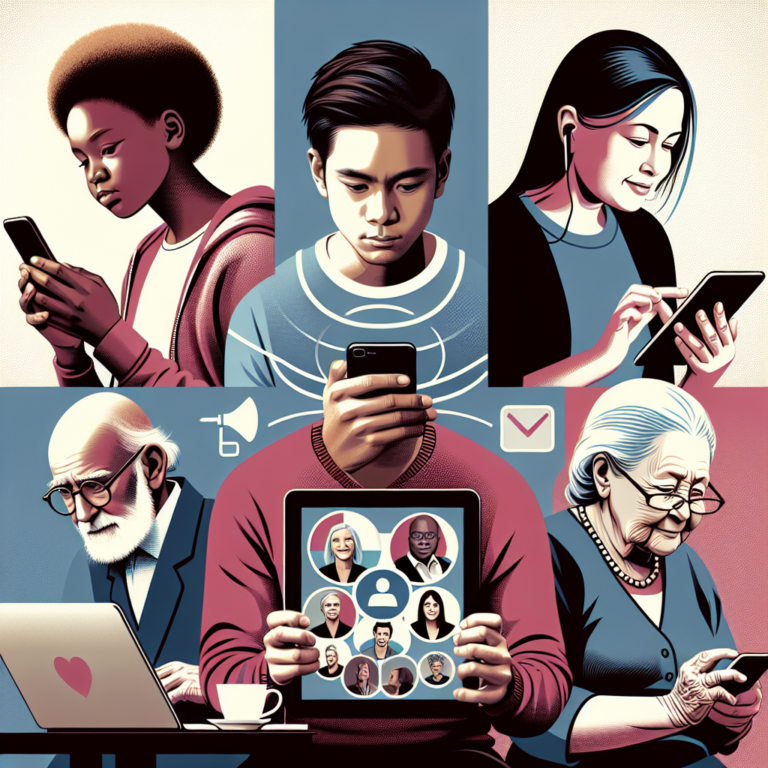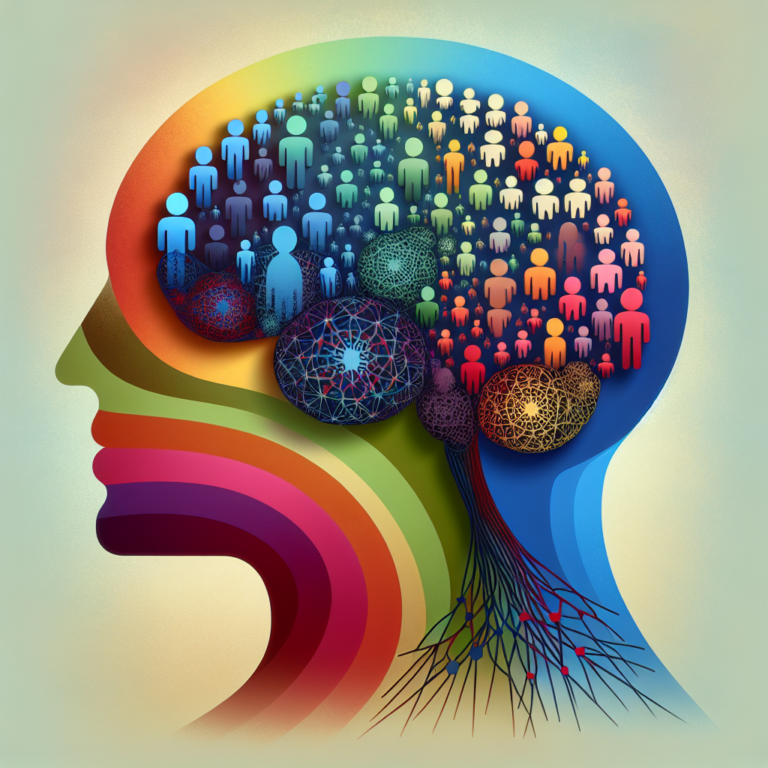
Introduction
Imagine standing in a bustling market, the air filled with scents of spices and the sound of laughter from diverse groups of people. You overhear snippets of conversation in various languages. While some might feel overwhelmed, those who are multilingual experience an exhilarating connection—a bridge that links cultures, perspectives, and emotions. In today’s globalized world, the ability to communicate in multiple languages is more than a mere skill; it offers profound emotional and social advantages. This article delves into these Bilingual Blessings: Exploring the Emotional and Social Advantages of Being Multilingual, revealing how language proficiency shapes not only communication but also relationships and self-perception.
The Emotional Advantages of Being Multilingual
1. Enhanced Cognitive Skills
Being multilingual significantly enhances cognitive abilities. Studies show that multilingual individuals often excel in problem-solving, creativity, and critical thinking. The mental workout that comes with switching between languages helps improve overall brain function.
Case Study: A study by the University of Edinburgh found that lifelong bilinguals demonstrated better cognitive flexibility and memory recall compared to their monolingual peers. This enhanced cognitive capacity can lead to improved self-esteem, as individuals recognize their unique skills.
2. Greater Emotional Intelligence
Multilingualism contributes to developing higher emotional intelligence—an essential skill for navigating social situations. Understanding multiple languages exposes individuals to various cultures, fostering empathy and sensitivity toward diverse feelings.
Analysis: A multi-country study showed that bilingual children displayed greater empathy in scenarios requiring emotional understanding. These skills can lead to enhanced communication in friendships and romantic relationships, thereby improving emotional well-being.
3. Identity and Self-Expression
Language plays a significant role in shaping identity. For bilingual individuals, multiple languages provide avenues for expressing different facets of their identity. This fluidity fosters a more profound understanding of oneself and others.
Case Study: In a survey involving bilingual adults, 80% reported that switching languages helped them express emotions they couldn’t convey in one language alone. This ability to navigate different linguistic landscapes enriches personal narratives, contributing to a well-rounded self-image.
The Social Advantages of Being Multilingual
4. Building Diverse Relationships
Multilingualism opens doors to relationships within varied cultural circles. It facilitates deeper connections with individuals from different backgrounds, enhancing the social fabric of communities.
Chart: A survey found that 70% of multilingual individuals reported having friends from cultures different from their own, compared to only 30% of monolingual peers. This diversity not only broadens social networks but also enriches one’s worldview.
5. Career Opportunities
In a competitive job market, multilingual individuals have a distinct advantage. Companies are increasingly valuing bilingual employees for their ability to engage with diverse clients and navigate global markets.
Case Study: A report from New American Economy revealed that bilingual job seekers earn 5-20% more than their monolingual counterparts. By leveraging language skills, individuals can create more opportunities for professional advancement.
6. Cultural Appreciation
Speaking multiple languages fosters a deeper understanding and appreciation of different cultures. This engagement can lead to collaborative projects and exchanges that enrich communities.
Analysis: Programs like the European Union’s Erasmus+ facilitate cultural exchanges among students. Participants who were multilingual reported a heightened appreciation for cultural diversity and inclusivity, translating to more harmonious community interactions.
The Interplay of Language and Culture
7. Language as Cultural Identity
Each language carries unique cultural nuances that express ideas and emotions in ways that might not translate directly to another language. Bilingual individuals navigate this linguistic richness, deepening their engagement with cultural narratives.
8. The Role of Family and Heritage
For many bilinguals, language is a gateway to understanding family heritage. Speaking a parent’s native language strengthens familial bonds and ensures the preservation of cultural traditions.
Case Study: Research from the University of Toronto highlights that bilingual children who engage in familial conversations in their heritage language show a stronger connection to their family history and cultural identity.
Strategies for Developing Multilingualism
9. Immersion Programs
Immersion in a new language can be one of the most effective ways to learn. Programs that promote full immersion help individuals absorb linguistic and cultural nuances organically.
10. Digital Learning Tools
Technology offers various platforms that can make language learning engaging and interactive. Apps like Duolingo and Babbel provide tailored experiences for learners at all levels.
11. Community Engagement
Participating in language exchange meetups or cultural events provides real-world practice opportunities. This engagement can significantly enhance one’s confidence and mastery of a language.
Conclusion
The journey of multilingualism is a transformative experience that extends beyond mere language acquisition. The Bilingual Blessings: Exploring the Emotional and Social Advantages of Being Multilingual showcases not only the cognitive benefits but also the emotional richness and social connections that languages provide. In an interconnected world, embracing multilingualism can lead to opportunities and insights that are simply not accessible to monolingual individuals.
By investing in language skills, you are not just learning to communicate; you are unlocking a treasure trove of emotional and social potential. So, whether you’re starting with a new language or enhancing existing skills, remember: every word you learn is not just a step in language acquisition but a leap toward deeper understanding and connection.
FAQs
1. What are some immediate benefits of being multilingual?
Multilingual individuals often see immediate benefits such as improved cognitive abilities, enhanced emotional intelligence, and increased job opportunities.
2. Does learning multiple languages delay language acquisition in children?
Studies suggest that bilingual children develop language skills just as quickly, if not more so, than their monolingual peers. Multilingual exposure can enhance cognitive flexibility.
3. How can I maintain my language skills?
Regular practice through conversation, reading, and engaging with content in the target language helps retain proficiency.
4. Can being multilingual affect mental health?
Yes, multilingualism can promote better emotional well-being, enhance self-esteem, and provide coping mechanisms through diverse perspectives.
5. What are some effective ways to learn a new language?
Engaging in immersive experiences, using digital learning tools, and participating in language exchange communities are excellent strategies for language acquisition.
By exploring Bilingual Blessings: Exploring the Emotional and Social Advantages of Being Multilingual, you can embark on a journey that enriches your life in countless ways. Embrace the adventure, and you might discover a version of yourself you never knew existed!














